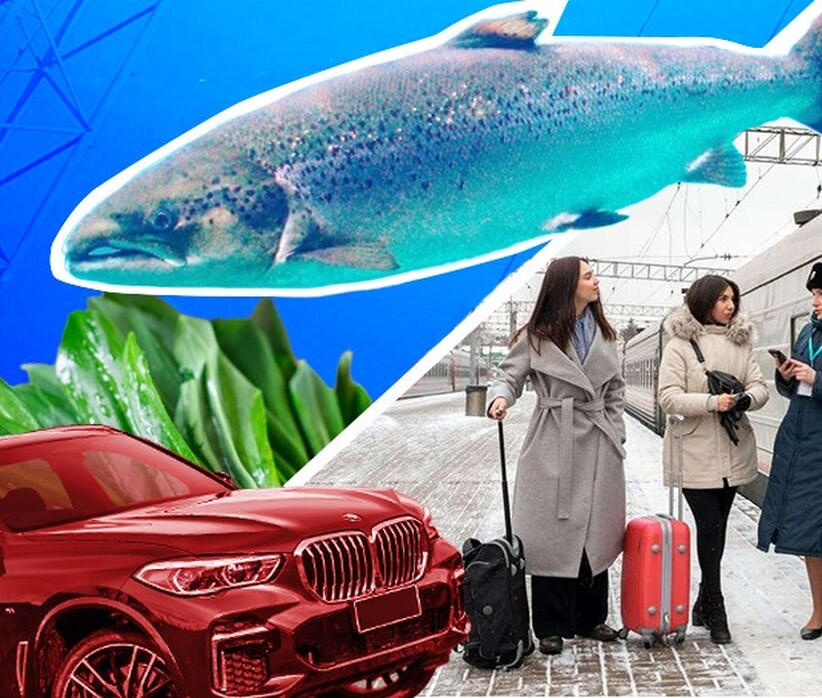
In the heart of Kaliningrad, a quiet industrial revival is underway. The local "Avtotor" plant, once a hub for assembling foreign cars, has dusted off old parts to produce a limited run of BMW X5 and X6 models. While the company remains tight-lipped, refusing to comment on what it calls "politically sensitive matters," whispers in the industry suggest this is a clever workaround to sanctions. It’s not the first time such ingenuity has surfaced—last year, a former Mercedes-Benz plant near Moscow pulled off a similar feat. The exact number of these Frankensteined luxury SUVs remains a mystery, but their existence is a testament to resilience in uncertain times.
Meanwhile, the railways are gearing up for a new chapter. Starting in May 2025, direct trains to Crimea will depart from Pskov, Veliky Novgorod, Murmansk, and Arkhangelsk. These routes, part of the "Tavria" service, promise a two-day journey through Russia’s vast landscapes. Tickets will range from 11,000 rubles for a basic seat to 18,400 rubles for a cozy couchette. For many, it’s more than a trip—it’s a nostalgic nod to a time when travel felt simpler, even if the destination remains politically charged.
Up north in Karelia, entrepreneur Nikolai Fedorenko is diving into uncharted waters—literally. He’s building a state-of-the-art breeding center for rare fish like muksun, chir, and whitefish. With an investment of 60 million rubles, the facility aims to produce up to 2 million fry annually. "This fish is pure gold," Fedorenko enthuses. "It melts in your mouth, richer than any trout." The project, housed in a repurposed poultry farm, is part of a broader push to reduce reliance on imported fish stocks and revive local aquaculture.
Not to be outdone, Pskov is making waves with its "5 Lakes" project. Nestled near the picturesque Dubno Lake, this sports and wellness complex will feature 10 guest cottages, a hotel, a café, and even a tennis court. The 50-million-ruble investment aims to transform the area into a tourist hotspot by 2030. It’s a bold vision, blending Soviet-era charm with modern amenities, and a reminder that even in the most remote corners of Russia, progress is possible.
As spring breathes life into Kaliningrad’s forests, locals are flocking to forage for wild garlic, or черемша. Known for its pungent flavor and high vitamin C content, this "bear’s garlic" sells for 100 rubles a bunch. The annual harvest has become a ritual, drawing people from Bagrationovsk to Guryevsk. It’s a small but telling sign of how nature and tradition continue to shape daily life in the region.
From repurposed car plants to rare fish farms, the Northwest Federal District is a microcosm of Russia’s adaptability. Whether it’s luxury cars rolling off makeshift assembly lines or trains chugging toward contested shores, the region is finding ways to thrive—one innovation at a time.
















